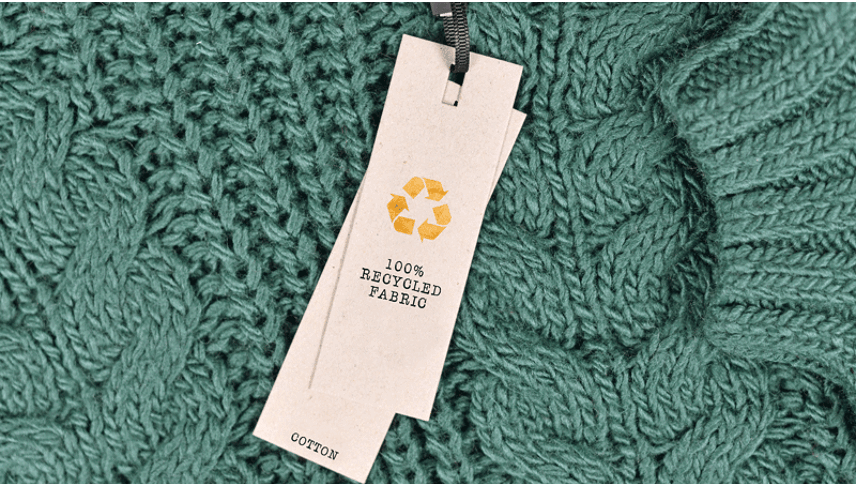Register for free and continue reading
Join our growing army of changemakers and get unlimited access to our premium content

First introduced in 1992 and last updated in 2012, the Green Guides act as a framework for companies to check environmental claims made in marketing, to help reduce greenwashing.
They are not binding but can give more weight to legal cases involving companies accused of making misleading green claims. For example, Walmart and Kohl’s were fined in 2021 for mislabelling rayon as “sustainable bamboo”.
Now, the FTC has confirmed that it is reviewing the Green Guides for the first time in 11 years, considering new requirements on claims about material recyclability and degradability, as well as recycled content.
A statement from the FTC reads: “A growing number of American consumers are looking to buy environmentally friendly, ‘green’ products, from recycled paper to biodegradable trash bags. Companies have responded with ‘green’ marketing touting the environmental benefits of what they’re selling… But sometimes what companies think their green claims mean and what consumers really understand are two different things.”
Updates could prevent companies from stating that packaging or products are recycled without stating the proportion of recycled content. Companies may also be encouraged to provide more detailed information on how, exactly, to recycle or biodegrade a product or packaging.
The FTC is hosting a workshop on potential updates to the Green Guides pertaining to materials and waste on 23 May. Comments will be accepted via the review until 13 June.
Offsetting in focus
As well as looking at the circular economy, the FTC is being urged to consider new guidance for communicating the use of carbon offsetting. Offsetting has become increasingly popular amid the global net-zero transition; more than 5,000 companies have signalled to the UN that they will use carbon credits by 2050, and spending on the practice by the FTSE350 increased year-on-year for 2022.
A comment on the review, jointly filed by a coalition of environmental groups, recommends that the Green Guides provide new information on how companies should communicate the offsets behing their ‘carbon neutral’ and ‘net-zero’ claims.
The comment points how many carbon offsetting schemes are not delivering their stated climate benefits, suffering from challenges such as double-counting. It also notes that many firms are turning to offsetting rather than doing the work to reduce emissions directly, including large players in the agriculture and energy sectors.
“Unfortunately, numerous companies are using net-zero and carbon-neutrality
claims to market their products without adequately substantiating their commitments,” the comment states.
Jointly filing this comment are Sierra Club, Greenpeace USA, the Union of Concerned Scientists, Amazon Watch, Public Citizen, the Institute for Agriculture and Trade Policy, Action for the Climate Emergency and the Americans for Financial Reform Education Fund.
Greenwashing regulations are not only tightening in the US. Back in March, the European Commission published a new Green Claims Directive. The Directive states that claims should be “reliable, comparable and verifiable”.
Related news: Marketing professionals warn of sustainability knowledge gap fuelling greenwashing risk


What is the enforcement for this though? Is there any way to ensure compliance?